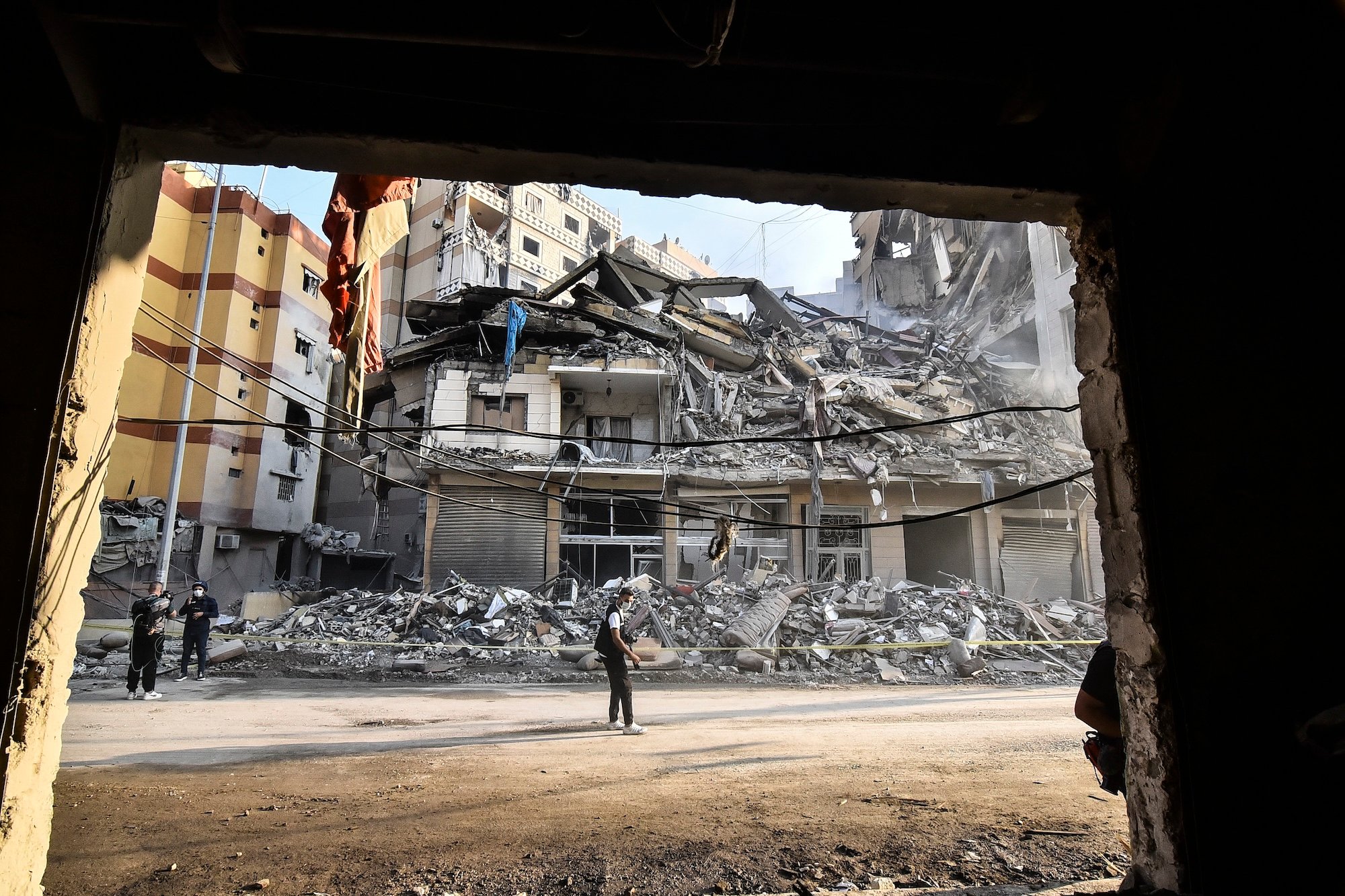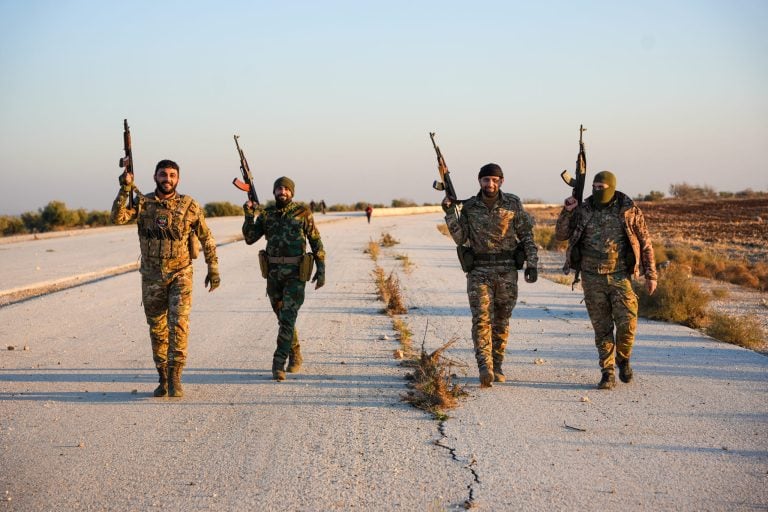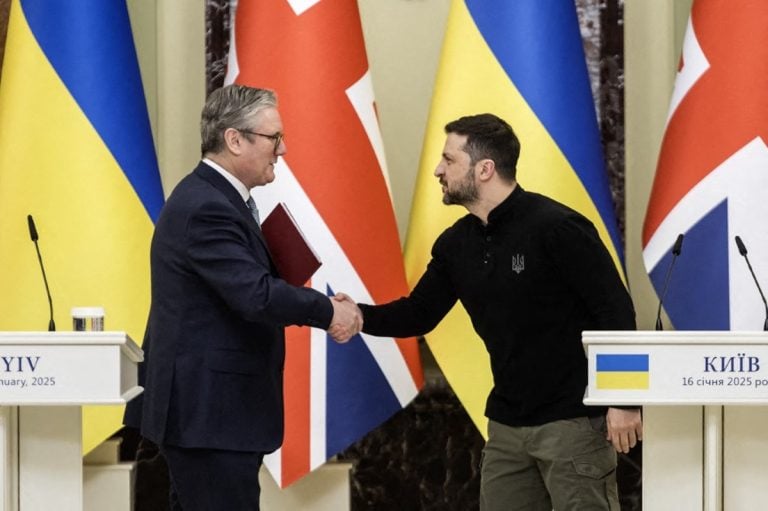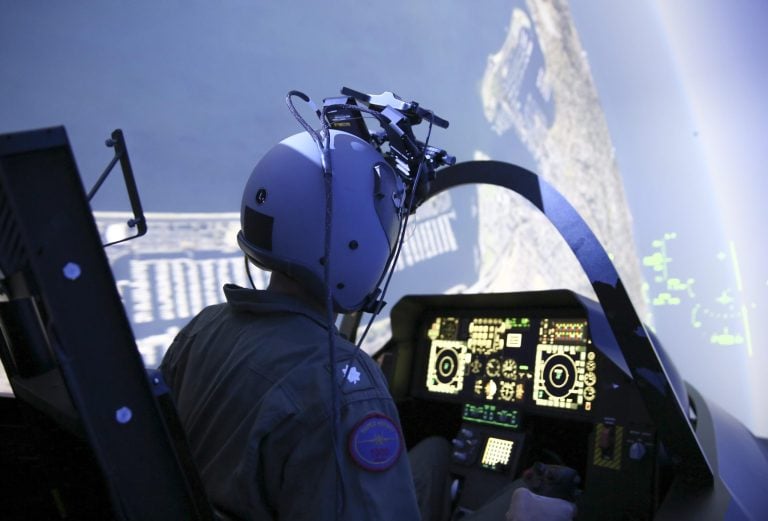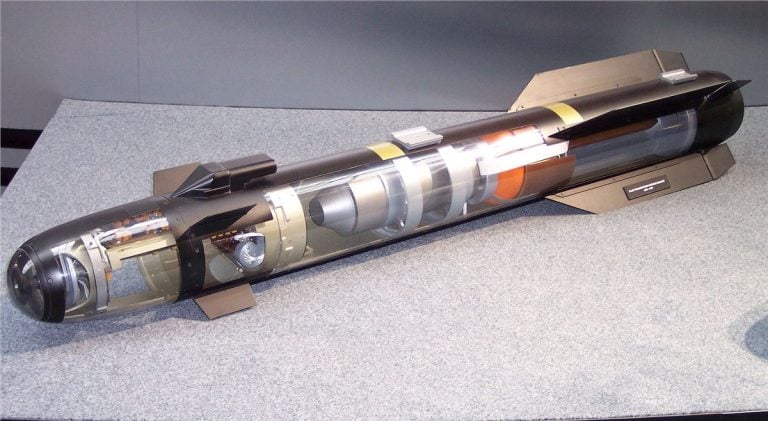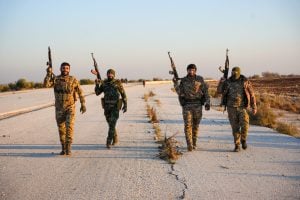An Israeli airstrike early Tuesday in southern Beirut resulted in the deaths of at least three individuals and injured seven others, according to Lebanese authorities. This incident marks Israel’s second strike in a fragile ceasefire period that has lasted approximately four months between Israel and Hezbollah, the Iran-backed militant group.
The attack occurred around 3:30 a.m. local time during the celebration of Eid al-Fitr, which signifies the conclusion of the Ramadan fasting month. The strike followed an Israeli military operation on Friday in the southern suburbs of Beirut—an area known for its Hezbollah support—where evacuation warnings were issued.
Witnesses reported significant destruction, with the top two floors of a multi-storey building collapsing and debris littering the surrounding streets. Residents fled their homes in panic as rescue workers arrived to assist the injured.
According to the Israeli military, the strike was aimed at a Hezbollah operative, whom they identified as having played a role in directing Hamas militants and facilitating an impending attack against Israeli civilians. A source within Hezbollah, who requested anonymity, confirmed that the individual targeted was Hassan Bdair, the group’s deputy head overseeing Palestinian affairs, who was reportedly at home with his family during the strike.
In response to the attack, Lebanese President Joseph Aoun denounced it, urging the international community to support Lebanon’s sovereignty. Prime Minister Nawaf Salam described the strike as a “clear breach” of the ceasefire agreement that had been established to halt over a year of conflict between Israel and Hezbollah.
The Israeli military, without naming the specific operative, stated that the strike was part of broader measures to neutralize threats to its citizens. This followed a wave of Israeli retaliatory actions after rockets were fired from Lebanon—incidents that Israel attributed to Hezbollah. Prime Minister Benjamin Netanyahu had previously warned that the Israeli military would respond vigorously to threats from Lebanese territory.
Since the ceasefire agreement on November 27, Israel has continued its operations against Hezbollah, maintaining its stance that it will strike whenever it perceives a threat. Following Hamas’s unprecedented attack on southern Israel on October 8, Hezbollah began launching rockets in solidarity, prompting Israel to increase its military campaign significantly in the region.
Hezbollah leader Naim Qassem strongly condemned the renewed Israeli strikes on Lebanon, asserting that such aggression must cease and calling for an end to the attacks. Following a recent incident involving projectiles fired towards Israel, in which the Israeli military confirmed intercepting one rocket, there were allegations from Lebanese officials identifying the launch site near the Litani River.
In an ongoing climate of tension, Israel’s Defense Minister warned that the Lebanese government bears responsibility for any hostilities emanating from its territory and emphasized that Israel will take necessary actions to enforce the ceasefire if Lebanon fails to do so. Meanwhile, Lebanon’s military has identified the location of the rocket launch and has reportedly arrested several suspects linked to the incidents.
As part of the ceasefire agreement, Israel was tasked with completing its withdrawal from Lebanon by mid-February, a deadline it missed, maintaining its presence in several key “strategic” areas. Meanwhile, Hezbollah was obliged to relocate its forces north of the Litani River and dismantle any remaining military infrastructure in the south. The Lebanese army has since deployed to the southern areas as Israeli forces withdrew.
